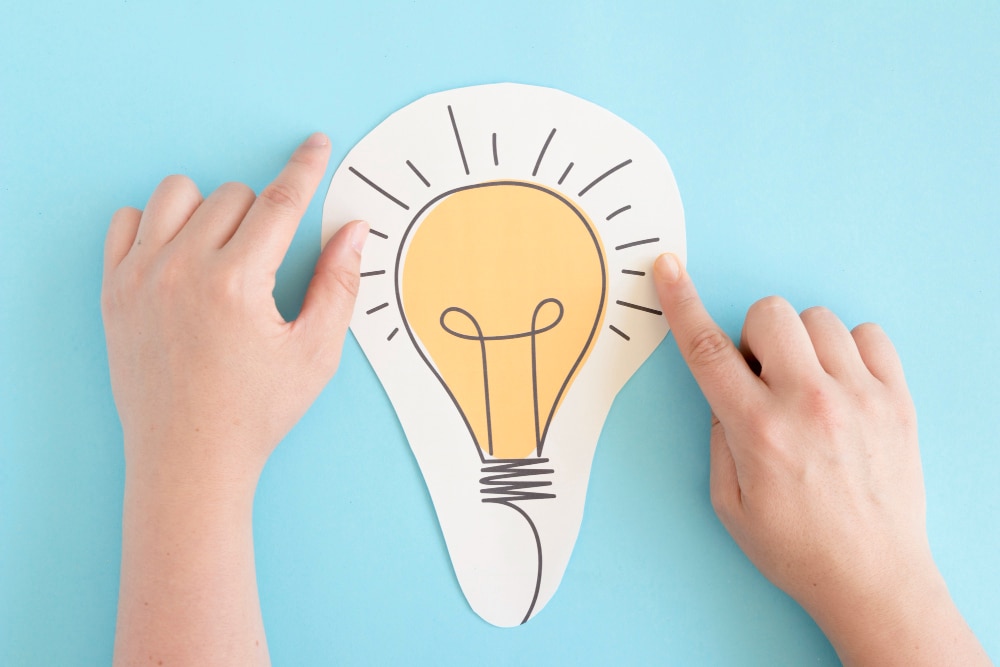The term ‘mood lighting’ was not created out of thin air. In fact, numerous studies have confirmed that light impacts our minds and body. So if you ever find yourself melancholic on dull and rainy days or in a poorly lighted room, it is not a coincidence. So, can light affect your mood?

Can Light Affect Your Emotions
Read on to find out more about the ways in which light can affect your mood and emotions.
1. Your body needs natural light
Sunlight is good for us. Not just the golden hours for Instagram-worthy pictures, but also for keeping us physically and mentally fit. Research shows that regular exposure to natural sunlight can effectively decrease various symptoms of depression. In fact, it allows our bodies to take after the natural circadian rhythm that tells us when to stay alert and when to sleep. So keep the windows wide open whenever you can and soak in the natural light.
If you want to learn more about lighting, checkout lumenauthority.com.
2. Your home’s lighting should be in tune with your mood
The simplest way to incorporate mood lightings is by choosing appropriate lighting in your home. Bright task light helps you see clearly and allows you to stay focused on your work. Soft and dim lights, on the other hand, have a calming effect on our bodies and are great to have in areas where you relax.
How Can Light Affect Your Emotions and Mood
Softer lighting is also ideal for your dining area. Research shows it helps us be mindful and makes us eat slower by leaving a positive effect on our metabolism.
Dimmer lights also prepare our bodies to head to bed and have a restful sleep. But using dim lights during the day can make us feel sluggish and unproductive. You can adjust the light settings according to your mood and time of the day to make optimum mood lights.
3. Blue light can do more harm than you imagine
You’re probably aware of blue light emission from digital screens like laptops, phones, tablets, and TVs. Just like sunlight, blue light energizes us and has a positive impact on our bodies. But using blue light in the bedroom can mess up our ability to sleep and adversely affect our mental well-being. Those who struggle with insomnia and sleeplessness need to actively restrict their exposure to blue light at least one hour before bedtime.
4. Ensure limited exposure to artificial lights
Artificial lights, mainly LED lights or stronger light settings, can cause you to feel anxious and nervous. Individuals prone to insomnia and other sleep disorders should avoid these lights as much as possible as they are known to increase the risk of insomnia.
5. Light therapy helps beat Seasonal Affective Disorder
SAD or Seasonal Affective Disorder caused by various symptoms of depression, especially during the colder months, can be effectively treated with light therapy. The use of several types of lightboxes and exposure to bright light for an hour after waking up has shown a positive impact on the chemicals in the brain.
